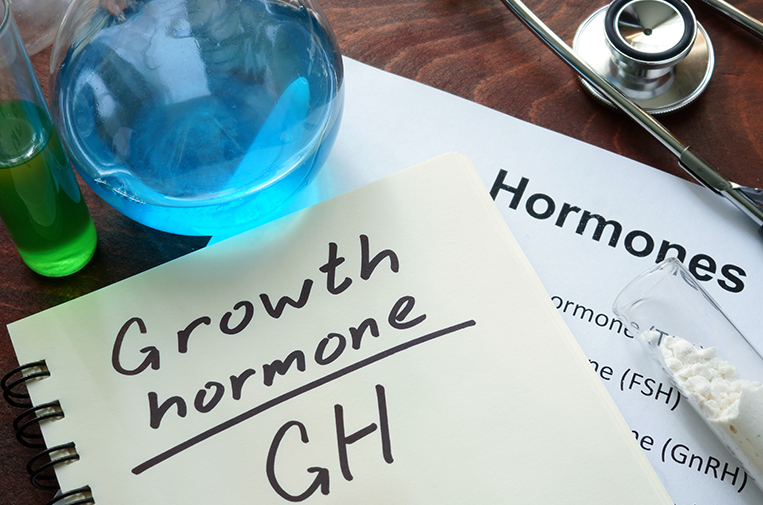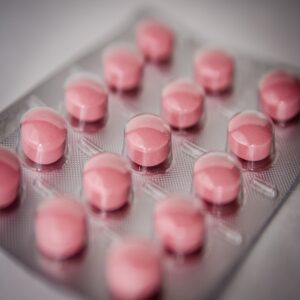Two of the most popular fertility supplements are CoEnzyme Q-10 and DHEA.
Let’s take a quick look at what we currently know. Most information we have available in thee medical literature discusses the use of these supplements in patients undergoing in vitro fertilization (IVF).
Remember: Always check with your healthcare provider on the dose and brand they advise before starting any supplement.
CoEnzyme Q-10
Coenzyme Q-10 (CoQ10) is a naturally occurring compound found in every cell within the human body. CoQ10’s is also known as ubiquinone.
- The major dietary sources of Coenzyme Q-10 include oily fish, organ meats (i.e. liver) soybean and canola oils, nuts, and whole grains.
- As Coenzyme Q10 is fat-soluble, it is best absorbed with fats in a meal.
- Soft gel or chewable forms are advised.
- CoQ10 supplementation should start 4-10 weeks before IVF treatment.
- Coenzyme Q-10 is generally well tolerated with few side effects reported.
CoQ10 supplementation appears to have the potential in women with diminished ovarian reserve and advanced age to improve mitochondrial activity and energy production. There is currently limited evidence to show that taking CoQ10 improves female fertility. Further study is needed and is ongoing.
The recommended dose of CoQ10 for women is 600 mg/day. Based on pharmacology studies of CoQ10, split dosing appears to be best. We advise you stop with a positive pregnancy test.
In men, studies show that infertile men taking 200-300 mg daily of a CoQ10 supplement have increased sperm motility, sperm count and sperm function after 6 months of treatment. Unfortunately, no study has yet to show a significant improvement in pregnancy rates.
DHEA
DHEA (Dehydroepiandrosterone) is a naturally occurring hormone produced primarily by the adrenal gland. DHEA levels peak in early adulthood and decline with age. DHEA is used by our bodies to produce Estrogen and Testosterone – the major female and male sex hormones.
- There are no natural food sources of DHEA.
- DHEA is available as a dietary supplement. DHEA might be helpful in women with DOR or past poor ovarian response (POR), especially if combined with IVF.
- DHEA supplementation may be needed for at least 7-10 weeks
- Short-term (< 1 year) use of DHEA appears to be safe and well tolerated.
The recommended dose of DHEA is 75 mg orally daily. The micronized formula is advised. We advise that you stop DHEA when you start your stimulation medications.







